Projectable Digital Equity Research For Benchmarking And Needs Assessment
Evaluate Digital Equity to Plan for an Increasingly Digitized Future
Overview:
Broadband access and digital equity are important initiatives for the municipal governments of the City of Seattle and King County (Washington State’s most populous county and the home of the City of Seattle). Both municipalities have worked extensively to understand digital engagement among residents and systematically address digital inequities and the digital divide. The foundation of these strategic planning initiatives is a comprehensive and ongoing study of the issues facing residents pertaining to digital equity, access and adoption.
Challenge
Ensure the representation of the marginalized and underserved residents of the city, county, and those most at-risk for digital distress. The research team faced challenges reaching and engaging these vulnerable populations due to cultural, economic, and language barriers.
Approach
The design of the digital equity research program focused on how to best represent the diverse city and county (including the underserved, namely: refugee, immigrant, non-English speaking, transient, homeless, elderly, low-income, living with a disability, etc.) while being projectable to the population as a whole. A rigorous mail methodology provided the foundation and was supported with online, phone and in person data collection methods, delivered in eight languages and engaging diverse audiences across the region.
Outcome
By means of this research, the City of Seattle and King County have a reliable, universally accepted, data-driven benchmark of current digital access. With this level of understanding, they are operationalizing the findings to effect meaningful change in ensuring access, services, and resources to increase digital equity and engagement among the populations they serve. In September of 2020, The City of Seattle, relying heavily on these studies, created the Internet for All Initiative aimed at closing the digital divide and creating a path towards universal broadband adoption.
Clients Who Have Entrusted Pacific Market Research With Similar Research:


“The study, which is the fifth in a longitudinal series for the city, is actually a model for how to do this kind of survey work. Nearly 50,000 invitations to complete a survey were sent out, with specific outreach to low-income households, Seattle Public Schools parents, and even “tiny house village” residents. 4,315 responses were received, which were then tallied and re-weighted to match the overall demographic and geographic distribution of the city.”
– Seattle City Council Insight Blog












